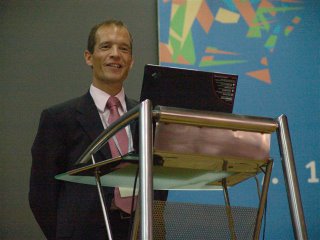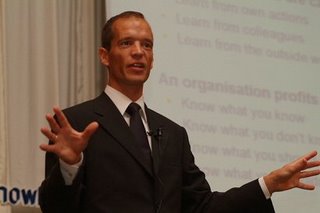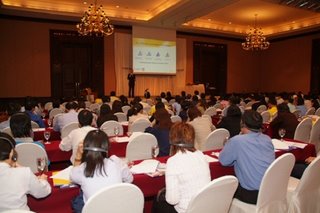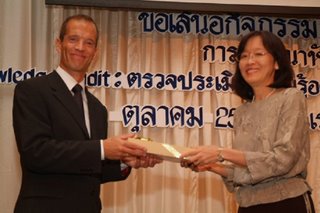The map is not the territory
In a recent discussion about NLP (remember that? wasn't that a thing big back in the nineties, although I've noticed it is still quite something in sales and customer contact ('agent', arghh) training) I had recently, I became aware of the similarities with expertise mapping that was popular in the eighties, but now is back again as one of the solutions to capture knowledge of scarce (and often ageing) experts in organisations. Mapping expertise is basically about trying to understand the models that an expert is using to solve problems. These models may be as varied as for example maps of people that can be contacted to provide help, logical structures such as cause-effect links to help refine the problem or decision trees to actually solve the problem itself.
An expertise mapper is like a neurolinguistic programmer, who stops his work after the 'modelling phase', without the ambition to reprogram...
Of course, the map is never the territory (to quote somebody who is also quoted a lot in the NLP world), but we must assume that experts have developed better maps than us normal earthlings, so the effort may be worthwhile.
Labels: NLP knowledgemap expertisemap






